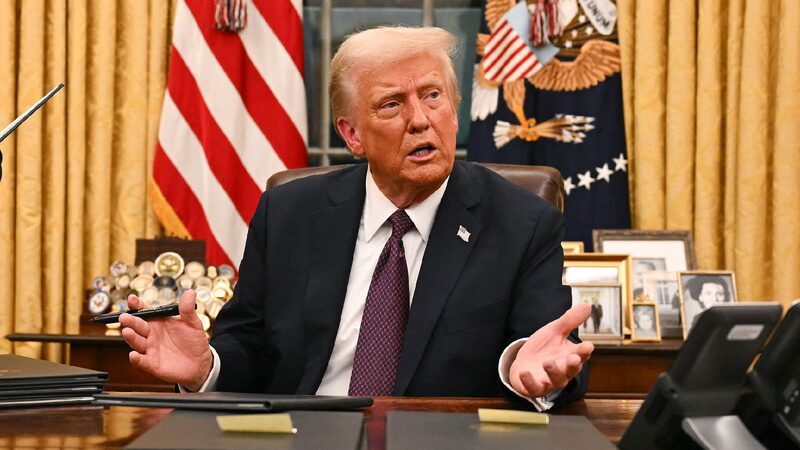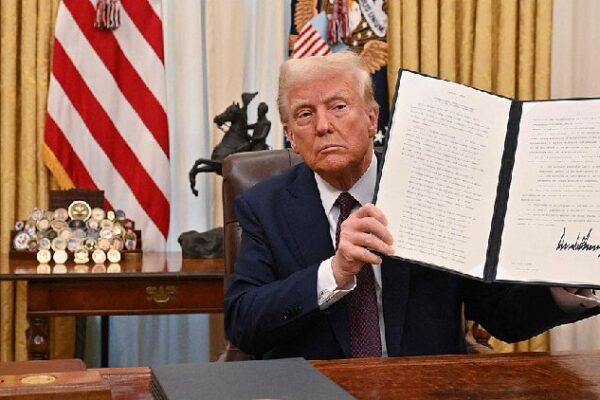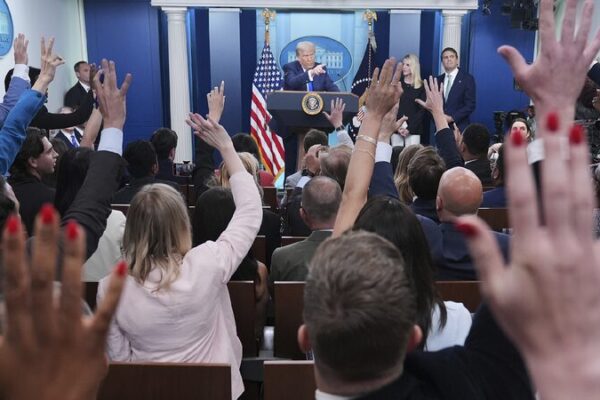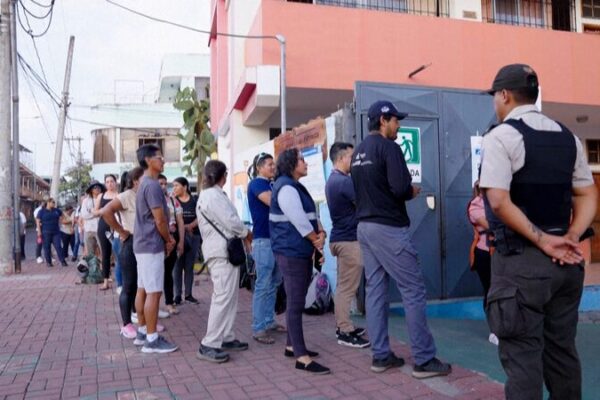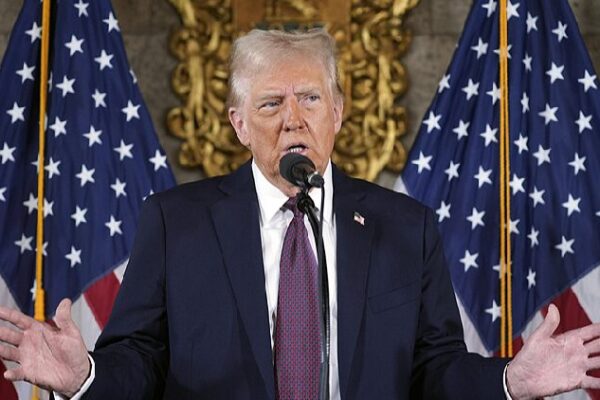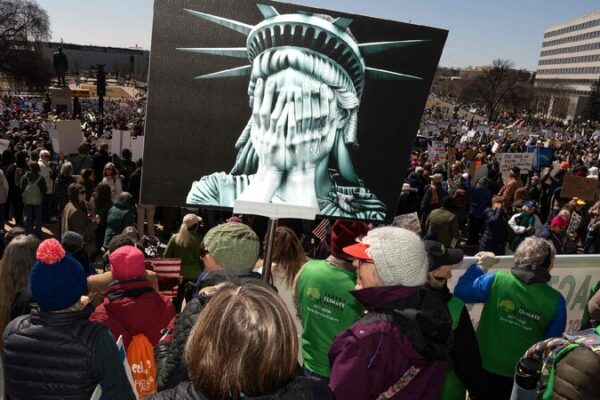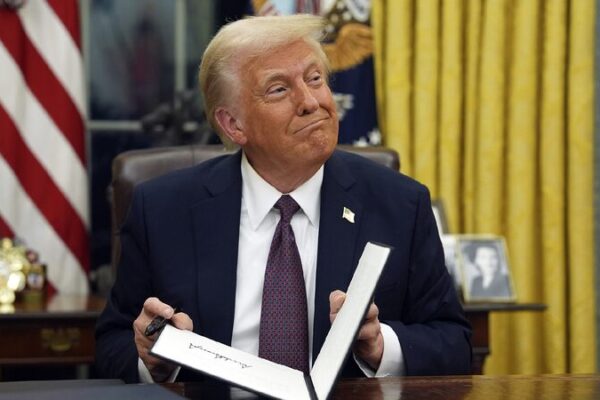As the 2024 U.S. presidential election approaches, former President Donald Trump has unveiled a series of bold immigration proposals that have reignited debates both in the United States and abroad. Aiming to tackle what he terms a “crisis at the border,” Trump’s plans include resuming the construction of the border wall, reinstating strict asylum policies, and challenging birthright citizenship.
One of the most contentious proposals is the reinstatement of the “Remain in Mexico” policy. This policy would require asylum seekers to wait in Mexico while their claims are processed in the U.S., a move that has previously faced criticism from human rights organizations. Critics argue that it exposes vulnerable individuals to dangerous conditions and violates international asylum agreements.
“During his first term, Trump’s focus was on building the wall,” said Sun Taiyi, an associate professor of political science at Christopher Newport University in Virginia, U.S. “Now, he’s shifting attention to policies that directly target immigrants, portraying them as a threat to American society.”
Domestically, these proposals have polarized opinions. Supporters believe they are necessary steps to protect American jobs and strengthen national security. Opponents, however, view them as draconian measures that undermine the values of compassion and opportunity that the nation was built upon.
“Politically, Trump might rally his base with these proposals,” Sun noted. “But they risk deepening societal divides and fueling anti-immigrant sentiments. This could have long-term consequences for social cohesion in the U.S.”
Internationally, Trump’s immigration stance has raised concerns among neighboring countries, particularly in Latin America. The designation of certain groups as foreign terrorist organizations and potential militarized approaches to border control could strain diplomatic relations.
Mexican officials have expressed apprehension over these policies. “We reject any measures that violate human rights or the sovereignty of nations,” said Mexican President Andrés Manuel López Obrador in a recent statement.
Trump’s challenge to birthright citizenship, which grants citizenship to anyone born on U.S. soil, has also sparked legal debates. The policy is rooted in the 14th Amendment of the U.S. Constitution, and any attempt to alter it would likely face significant judicial hurdles.
Experts warn that such moves could have far-reaching implications. “Altering birthright citizenship could create a class of stateless individuals and is contrary to international human rights norms,” explained Maria Gonzalez, an immigration lawyer based in Los Angeles.
As the election nears, Trump’s immigration proposals are set to be a focal point of discussion. For young people around the world, the outcome could influence global attitudes toward migration and international relations.
Reference(s):
Trump's second-term immigration policies poised to face big fallout
cgtn.com
